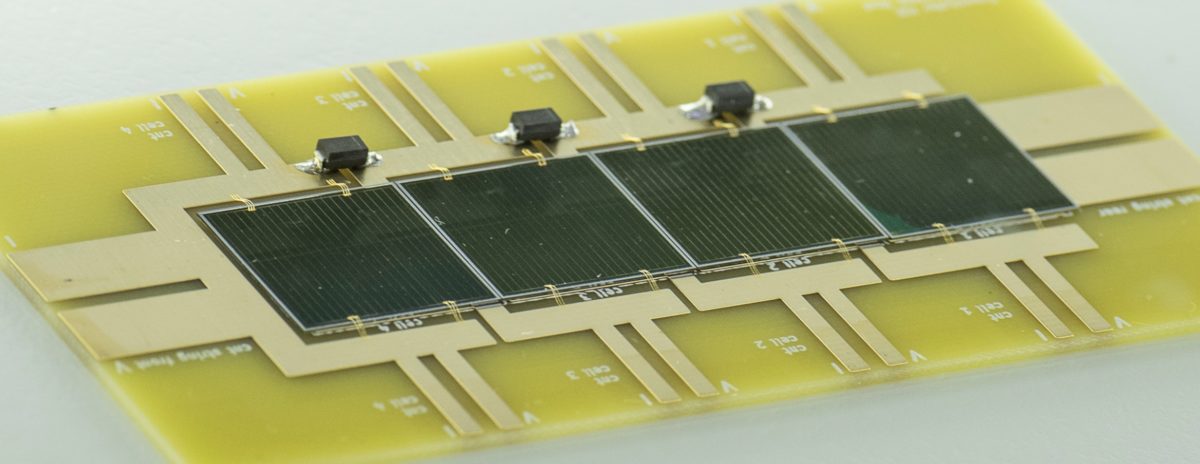Scientists at Canada’s McGill University claim to have observed the behavior of electrons in cesium-lead iodide (CsPbI3) perovskite nanocrystals over femtoseconds, and discovered they exhibit the behaviour of a liquid.
Thanks to a multi-dimensional electronic spectrometer developed at the university, observation of the electrons was conducted over extraordinarily short periods of time – down to 10 femtoseconds, or ten millionths of a billionth of a second.
Despite being parts of a crystal structure, the research team discovered the materials behaved similar to electrons in liquids.
The findings were outlined in the Two-dimensional electronic spectroscopy reveals liquid-like lineshape dynamics in CsPbI3 perovskite nanocrystals paper, published in Nature.
The authors claim the two-dimensional electronic spectroscopy they used revealed irreversible, diffusive dynamics qualitatively inconsistent with the coherent dynamics in covalent solids such as cadmium selenide quantum dots; and liquid-like structural dynamics on a 10-femtosecond timescale.
The finding is said to offer particular promise for research into the prevention of polaron formation, which affects electron transport in hybrid perovskites.
“Polaron formation arises from the dynamical coupling of atomic fluctuations to electronic states,” the researchers wrote. “Measuring the properties of these fluctuations is therefore essential in light of potential optoelectronic applications.”
This content is protected by copyright and may not be reused. If you want to cooperate with us and would like to reuse some of our content, please contact: editors@pv-magazine.com.




By submitting this form you agree to pv magazine using your data for the purposes of publishing your comment.
Your personal data will only be disclosed or otherwise transmitted to third parties for the purposes of spam filtering or if this is necessary for technical maintenance of the website. Any other transfer to third parties will not take place unless this is justified on the basis of applicable data protection regulations or if pv magazine is legally obliged to do so.
You may revoke this consent at any time with effect for the future, in which case your personal data will be deleted immediately. Otherwise, your data will be deleted if pv magazine has processed your request or the purpose of data storage is fulfilled.
Further information on data privacy can be found in our Data Protection Policy.